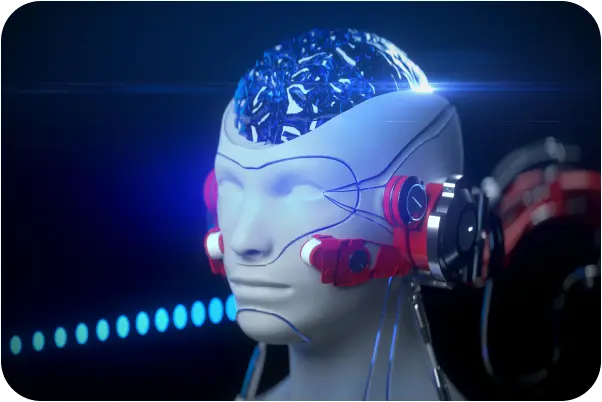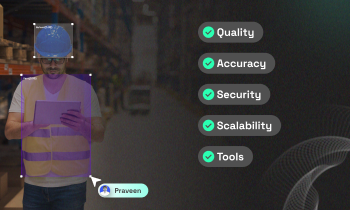What is Mean Opinion Score (MOS) and how is it used in voice cloning evaluation?
MOS
Voice Cloning
Speech AI
Mean Opinion Score (MOS) is a critical metric in the evaluation of audio quality, particularly in voice cloning technologies. It translates subjective human judgments into a quantifiable score, providing valuable insights for AI engineers, product managers, and researchers striving to enhance the quality of synthetic speech.
Why MOS Matters in Voice Cloning
MOS is instrumental for several reasons:
- Benchmarking Voice Quality: By using MOS, teams can establish baseline quality metrics for their synthetic voices. This allows for direct comparisons across different models and iterations, crucial for identifying improvements or regressions in voice quality.
- Enhancing User Experience: As voice cloning technologies are increasingly consumer-facing, MOS captures user preferences and satisfaction levels. This feedback loop is vital for refining models to better align with user expectations, ensuring more engaging and natural-sounding voices.
- Ensuring Compliance and Standards: In applications like assistive technologies or customer service, maintaining a high MOS is essential not only for quality assurance but also for adhering to industry standards and producing ethically sound audio.
How MOS Evaluation Works
MOS evaluation involves several key steps:
- Sample Selection: Diverse audio samples are curated, representing various emotions, accents, and speaking styles. This diversity ensures a comprehensive evaluation of the voice cloning system.
- Listener Recruitment: A representative group of listeners is selected, mirroring the target demographics of end users. This ensures the feedback is relevant and actionable.
- Rating Process: Participants listen to audio samples in a controlled environment, providing ratings that reflect their perceptions of quality. These ratings are often accompanied by qualitative feedback to enrich the dataset.
- Data Analysis: The collected ratings undergo statistical analysis, such as ANOVA tests, to calculate the MOS. This process reveals insights into overall quality and highlights specific areas for improvement.
Real-World Applications of MOS
MOS finds applications across various domains:
- Gaming and Entertainment: In these sectors, MOS helps fine-tune voice characters, enhancing the emotional and immersive experience for users.
- Educational Tools: High-quality synthetic voices can significantly impact learning tools by making them more engaging and effective.
- Customer Service: Ensuring natural-sounding and clear voices in virtual assistants improves customer satisfaction and interaction quality.
Challenges in Maintaining Reliable MOS Evaluation
While MOS is a powerful tool, several challenges must be managed:
- Subjective Variability: Listener preferences and biases can introduce variability in scores. It's crucial to maintain a diverse listener pool to mitigate this issue.
- Contextual Influences: The environment and equipment used during evaluations can impact scores. Conducting tests in standardized settings helps ensure consistency.
- Balancing Technical and Emotional Quality: A voice may be technically clear but lack emotional resonance. It's essential to balance these aspects, especially in storytelling or personal assistants, where emotional engagement is key.
FutureBeeAI's Role in Enhancing Voice Quality
At FutureBeeAI, we specialize in providing high-quality, diverse datasets crucial for voice cloning development. Our datasets support studios in producing expressive and stable synthetic voices. By connecting AI teams with verified voice contributors, we ensure that the data used in MOS evaluations is robust, comprehensive, and ethically sourced.
For projects demanding precise voice quality evaluation, partnering with FutureBeeAI can significantly elevate the standard of your synthetic speech outputs.
By aligning with these practices, FutureBeeAI positions itself as a trusted partner in the development of superior voice cloning systems.
Smart FAQs
Q. How can teams effectively use MOS to improve voice cloning systems?
A. Teams should leverage MOS feedback to iteratively refine their models, focusing on both technical clarity and emotional expressiveness. Regular evaluations and diverse datasets are key to continuous improvement.
Q. What factors should be considered in a reliable MOS evaluation?
A. Critical factors include ensuring a diverse and representative listener group, maintaining consistent testing environments, and balancing technical quality with emotional engagement to meet user expectations effectively.
What Else Do People Ask?
Related AI Articles
Browse Matching Datasets
Acquiring high-quality AI datasets has never been easier!!!
Get in touch with our AI data expert now!








